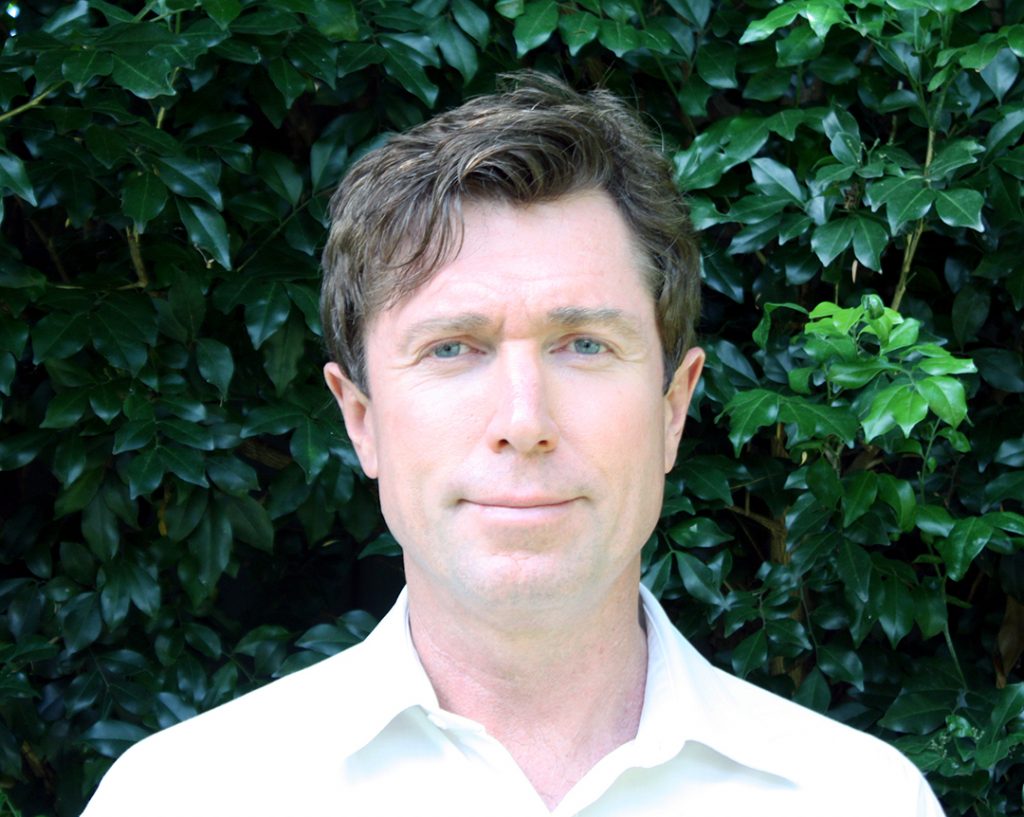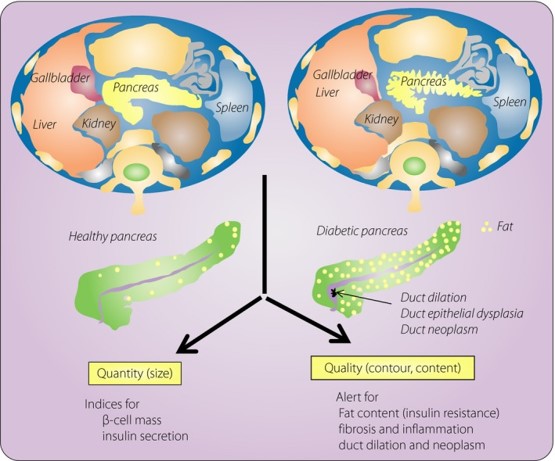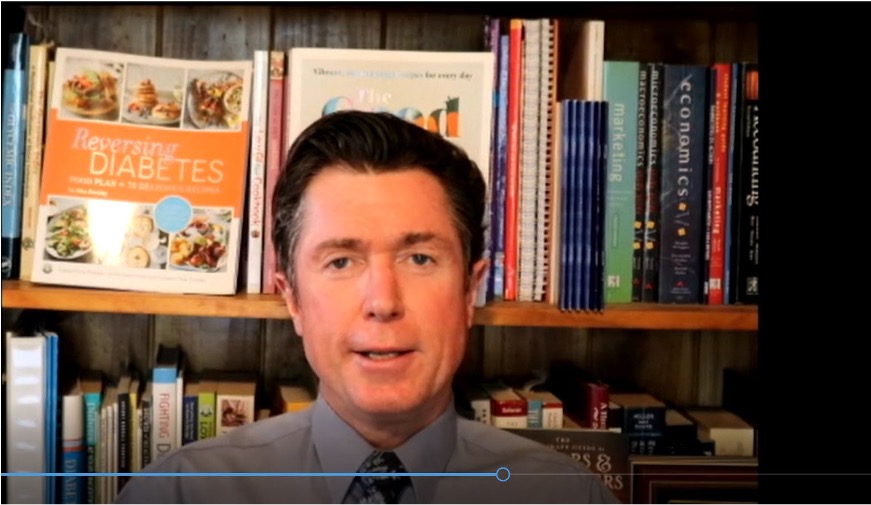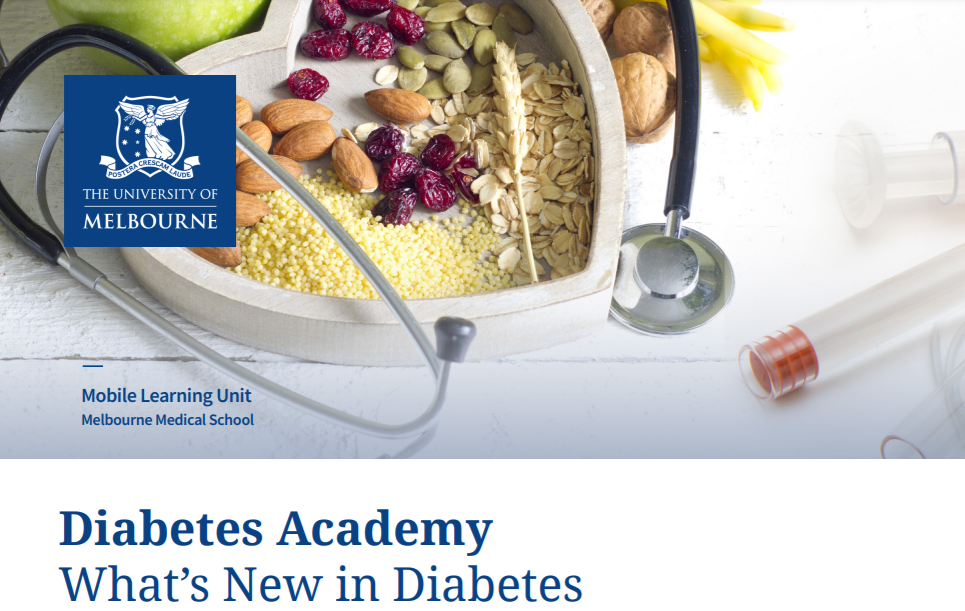
Course Author
Dr. Alan Barclay is an accredited practising dietitian and nutritionist with nearly 30 years of experience in clinical dietetics, public health and academia. He completed a PhD at the University of Sydney on the association between carbohydrate (starches and sugars) and the risk of developing lifestyle-related diseases like type 2 diabetes. He is an honorary associate at the University of Sydney and is a consultant to the Glycemic Index Foundation. He was Head of Research at the Australian Diabetes Council / Diabetes Australia NSW from 1998-2014.
Alan appears frequently in newspapers, magazines, radio and television news. He has authored or co-authored 5 books including Reversing Diabetes.

Module 1: Overweight, obesity and Very Low Energy Diets (VLED)
Duration: 45 minutes
• Introduction
• Overweight and obesity prevalence
• What are the consequences of the global overweight and obesity epidemic?
• Overweight, obesity and impaired glucose metabolism
• Can Type 2 diabetes be prevented or put into remission?
• Weight loss
• Energy restriction – Very low, low, and reduced energy diets
• Efficacy of VLEDs versus other diets

Module 2: Physiology, regulations and VLED composition
Duration: 45 minutes
• Physiological mechanisms: overweight, obesity and impaired glucose metabolism
• Reversing these physiological processes using VLEDS
• VLED compositional requirements
• Recommending a VLED

Module 3: VLEDs in clinical practice
Duration: 45 minutes
• Overview of the KnowDiabetes Diabetes Prevention and Remission Program
• Resources
• Frequently Asked Questions
• Practical and psycho-social issues (preparation, adherence, eating disorders, cravings, and quality of life)

Module 4: KnowDiabetes program implementation structure
Duration: 45 minutes
• Navigation of the online resources
• Session-wise implementation walk-through
• Quick links

